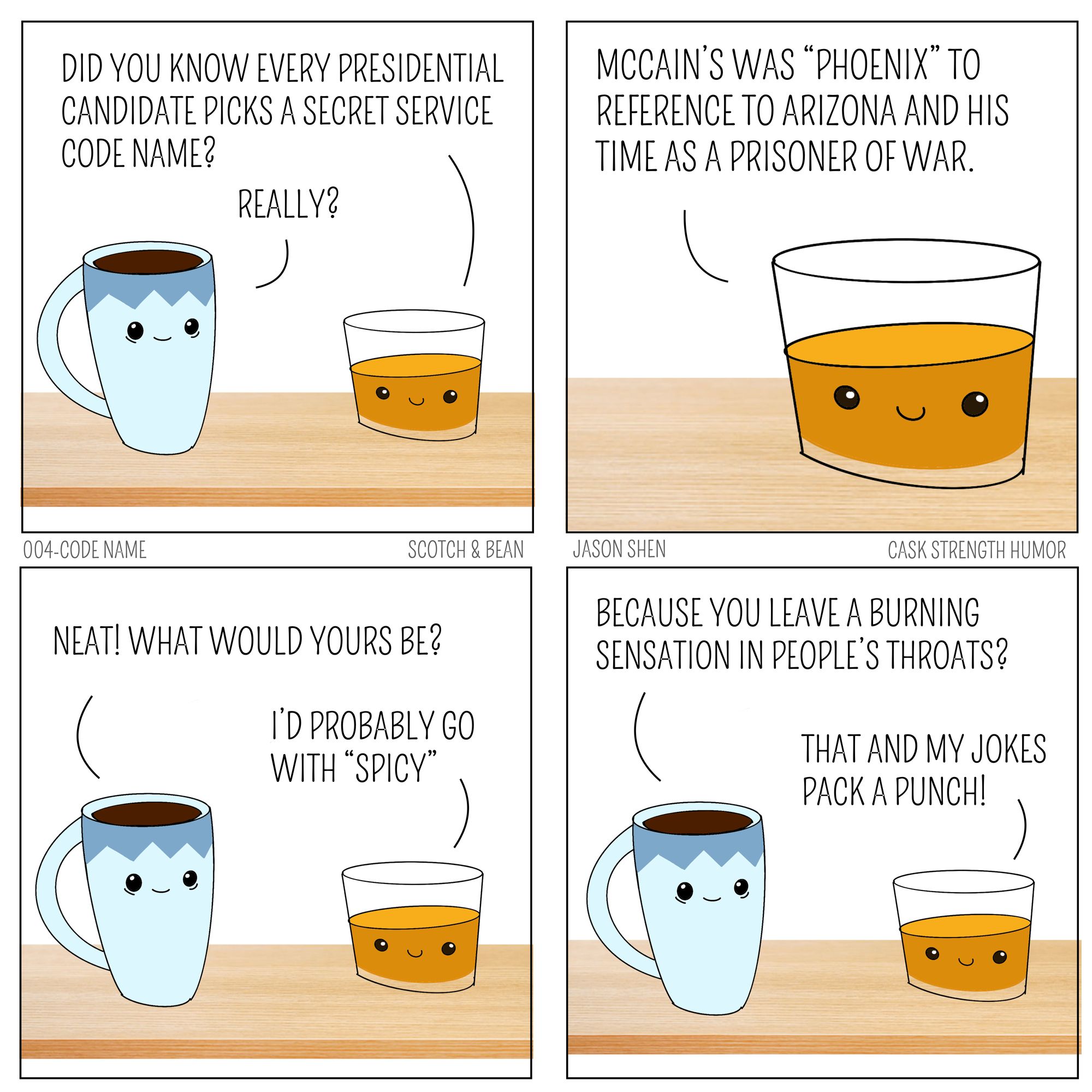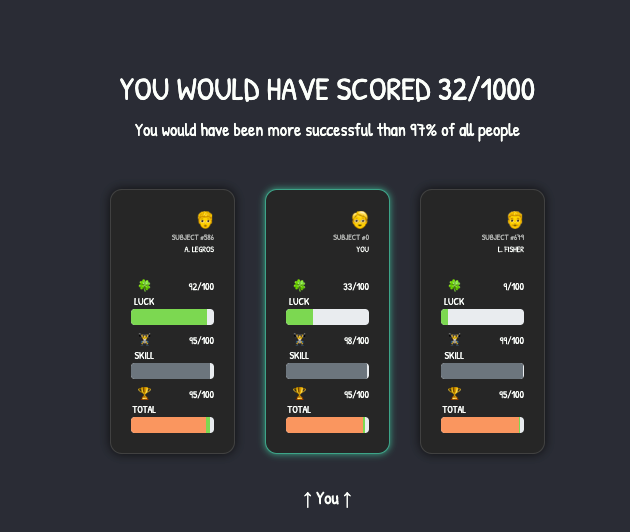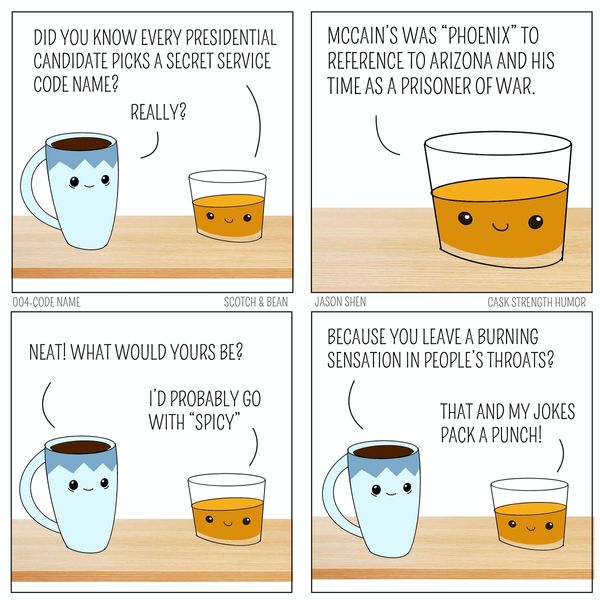Hey friends,
This is the 31st edition of Making Connections, where we take a random (illustrated) walk down tech, fitness, product thinking, org design, nerd culture, persuasion, and behavior change.
If you got this from a friend (they’ve got taste!) why not subscribe and join in the fun?
🖼 Visual: Scotch and Bean - Code Name

True story, Trump’s Secret Service code name start out as “Humble” (shocking) and later was switched to “Mogul” (no surprises there).
🧠 Thought: The Science of Winning Teams
One of themes of this newsletter is the idea that everything is a system. There are no simple answers to anything, it’s all multifactorial. That obviously makes decisions about groups harder than simply saying we should add one element or take out one team member to drive XX% in improvement.
This article in Aeon by a professor from the Santa Fe Institute in New Mexico connects a lot of dots on that topic across culture, social science, sports, and science fiction.
The anthropologist Ruth Benedict proposed culture as a factor in human performance, writing in Patterns of Culture (1934): “No individual can arrive even at the threshold of his potentialities without a culture in which he participates. Conversely, no civilisation has in it any element which in the last analysis is not the contribution of an individual.”
We are all a product of our environments. The most successful investor alive, Warren Buffet, has talked how his own success was only possible because when, where, and to whom he was born. And of course, our world wouldn’t be what it is today without the contributions of key individuals.
The problem is so common it has its own name: the McNamara fallacy, after Robert McNamara, the US defence secretary known for a slavish devotion to numerical analysis during the escalation of the Vietnam War. ‘The first step is to measure whatever can be easily measured,’ wrote Daniel Yankelovich in Corporate Priorities: A Continuing Study of the New Demands of Business (1972). ‘The second step is to disregard that which can’t be easily measured … The third step is to presume that what can’t be measured easily really isn’t important … The fourth step is to say that what can’t be easily measured really doesn’t exist.’
This reductionism is a huge concern of mine. In one of my favorite undergraduate classes, the legendary Robert Sapolsky taught that people are always trying to break down biological systems into components like a watch and its parts, but that those systems resist simple definitions.
I see in so many places the desire to focus on what can be measured (keyword match, standardized test score, leaderboard rank) and because more things can be measured now than during McNamara’s time, this “tyranny of metrics” is worse than ever.
That is, through synchronising their behaviour, the whole team could become ‘in flow’, or ‘hot’. This might seem farfetched, but it regularly happens in nature – the fireflies mentioned above are one example. Others include the coordinated chorusing of frogs and circadian rhythms. So why shouldn’t it happen in sports? Moreover, nature has taught us that the collective can synchronise in different ways. Some firefly species, for example, are bursty synchronisers, whereas others are snappy, with different timescales describing the coordinated flashing and different strategic implications. The same might be true on the court.
This point about how ‘hot hands’ in basketball might actually be the result not of an individual being a better shooter temporarily, but a whole team working together to enable a shooter to make better shots, is really interesting.
Read the whole piece: All Stars: What Complexity Science Says About What Makes a Winning Team
👉 Check out: Luck vs Hard Work

I came across an interactive tool that lets you simulate how you stack up against others in a world where success is 95% hard work and 5% luck and you’re randomly allocated some amount of luck and hard work points, then compares you against 1000 other randomly generated people, then shows you who ends up “most successful”
No surprise, the winners are all hard workers but also have a significant amount of luck. My random character (I rerolled a few times for decent stats) had 98% hard work but only 33% luck, which meant I ended up being 32/1000 - not bad, but worse than my hard work along suggested.
It’s a quick, interesting thought experiment so go give it a shot: Luck vs Hard Work
Welp, time to call it a day! Apologies for the late send but better late than never amirite?
-Jason

